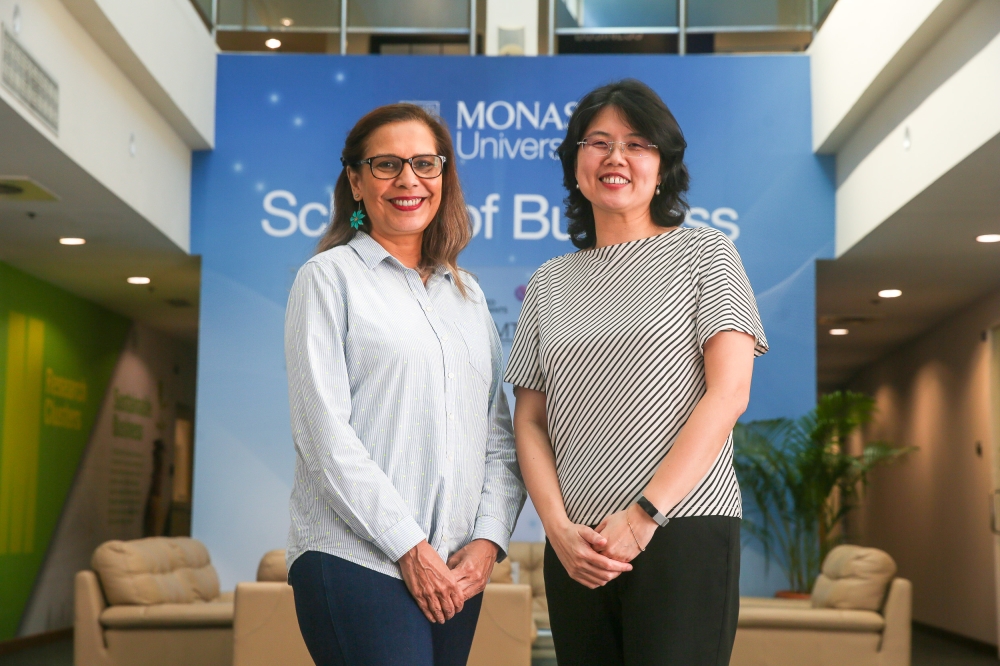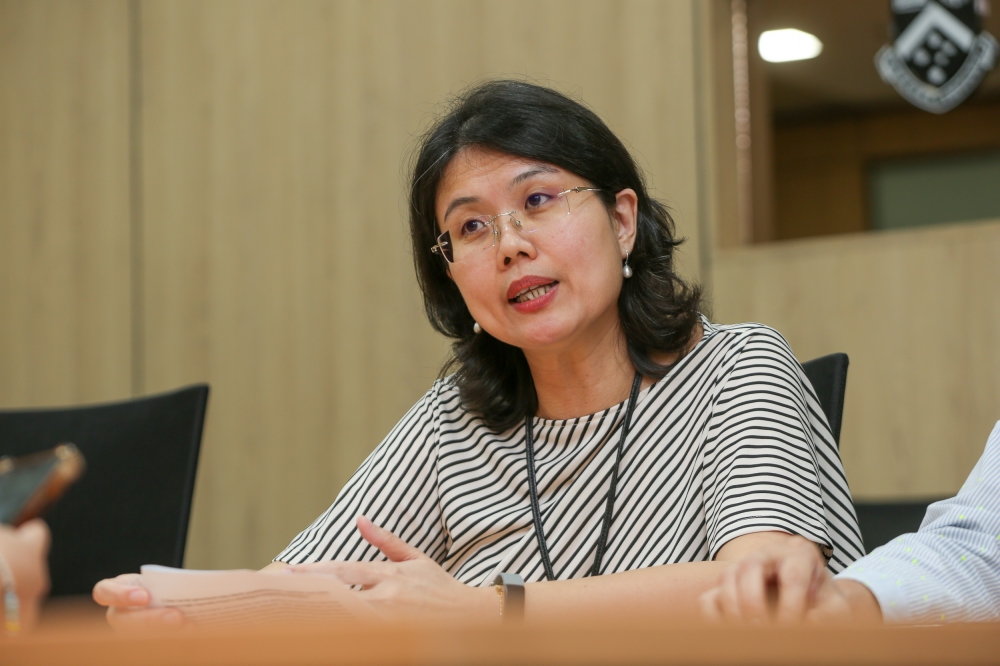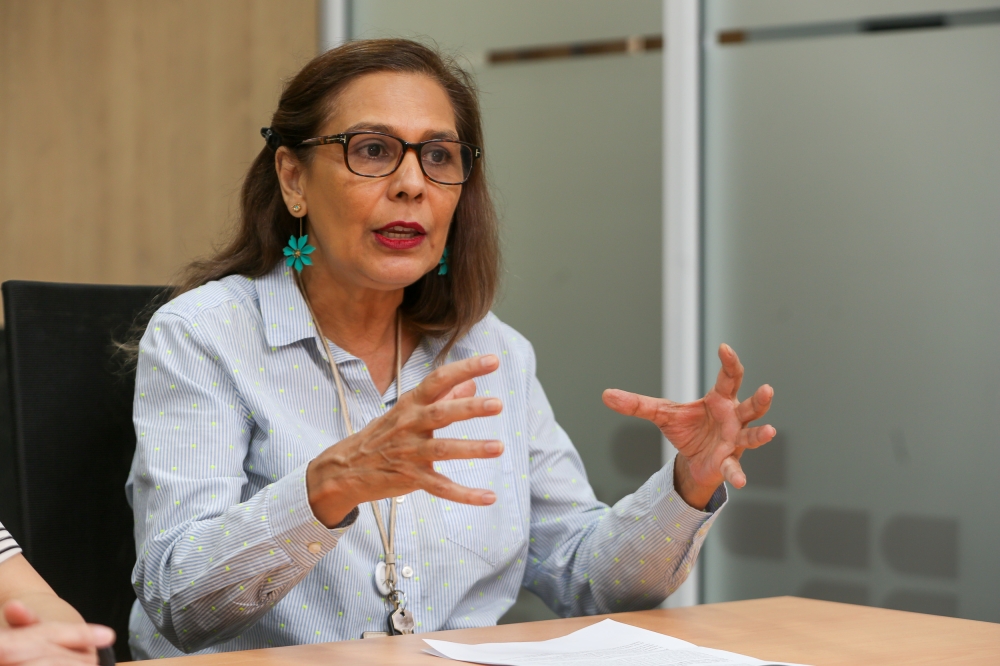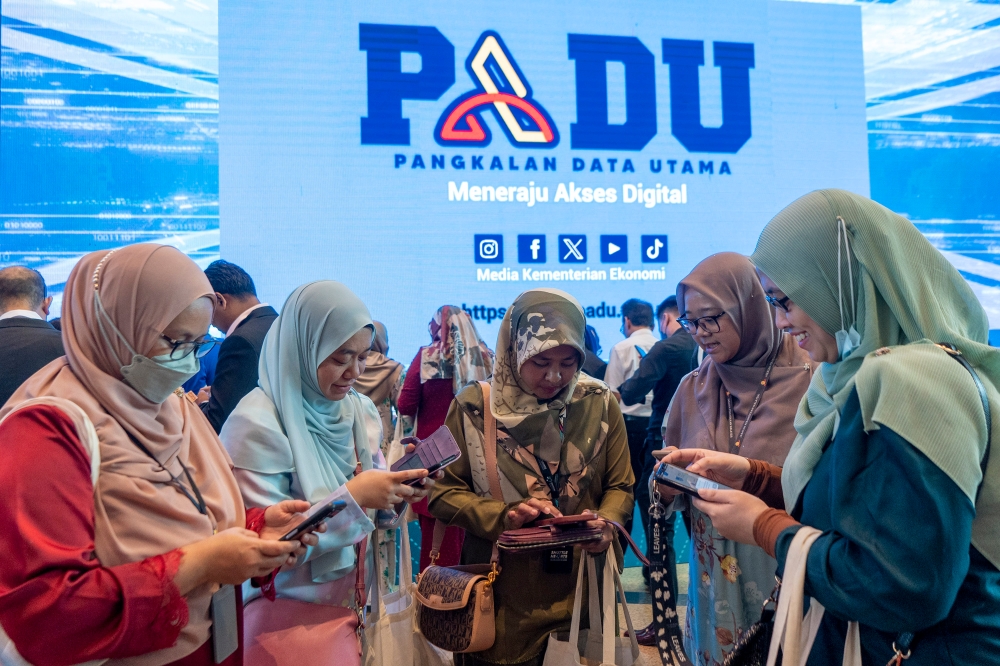KUALA LUMPUR, May 27 — As the government proceeds with its plan to rationalise fuel subsidies, several academics have expressed concern about its potential repercussions on the country’s elderly population.
Speaking to Malay Mail, Monash University Malaysia’s economist Sharon Koh said the elderly population is particularly susceptible to potential price hikes resulting from the initiative since it depends on fixed income.
“When prices go up, the end consumers, often the elderly are usually the hardest hit. They have limited incomes, and if the cost of essential goods like vegetables rises, their quality of life deteriorates,” said the senior lecturer at the university’s School of Business.
She explained that the economic strain not only impacts the elderly’s ability to purchase food but also acquire healthcare and other critical services.
She added that this cost escalation will disproportionately affect the elderly, especially those in the bottom 40 per cent (B40) income group who already struggle with acquiring necessities.
“B40 groups struggle with even necessities, particularly among those living in low-cost public housing,” she said, referring to the People’s Housing Project, also known as PPR.
“A significant issue for this group is managing chronic health conditions, such as hypertension, high cholesterol, and diabetes. While the government provides free and accessible healthcare, many elderly individuals face difficulties in accessing these services due to their health conditions and mobility issues.”

In an article with 360info titled “Petrol pain coming for Malaysia’s elderly”, Koh and her colleagues at Monash University Malaysia wrote that many seniors are forced to limit spending on non-essentials to afford basic needs due to the rising cost of living.
The authors said that the elderly’s spending on medical care and mobility aid is increased by adjustments in nutrition for health, while their research project on aged care in Malaysia showed that healthcare issues have a spiralling effect on the overall quality of health and well-being of senior citizens.

How to help the elderly cope with rising cost of living
Citing the Asian Development Bank’s report titled “Aging Well in Asia” released this year, Koh said it was highlighted that many older persons suffer from non-communicable diseases.
Among others, the report said that the challenges for older Asians include “a growing burden of lifestyle diseases, a lack of decent jobs, limited access to essential services such as health and long-term care, low pension coverage, and increasing isolation and loneliness”.
Koh said the impact of removing fuel subsidies will likely exacerbate these challenges, especially for the elderly who are economically and physically vulnerable as increased transportation costs can make it even harder for them to travel to healthcare facilities, further straining their ability to manage their health.
She said that given Malaysia’s status as an ageing nation, strategic measures are necessary to address these problems such as targeted financial assistance, improved public transportation options for the elderly, and enhanced healthcare services that are more accessible to those with mobility issues.
Koh’s colleague, senior lecturer Juliana French, said handling this can include promoting work among the elderly — which she said can provide them with financial security and a sense of purpose.
The head of the university’s Department of Marketing pointed to countries like Singapore and South Korea, which she said have implemented successful programmes that engage the elderly in the workforce and community.
“For instance, Singapore’s Silver Support Scheme provides financial assistance to low-income seniors, and South Korea’s elderly employment program keeps older adults active and engaged,” French told Malay Mail.
French also lauded the demand-responsive transit provided by the Selangor government as a great initiative that helps seniors with transportation for a nominal fee.
She said such programmes along with community centres for the elderly, provide opportunities for social interaction and physical activities which can enhance the well-being of the elderly by reducing isolation and promoting mental health.
She also added that policies should promote financial literacy and health awareness from an early age to ensure that the elderly have adequate social support and opportunities to stay engaged.

Will the recent diesel subsidy rationalisation have any effect?
On May 1, Prime Minister Datuk Seri Anwar Ibrahim announced that the Cabinet had approved the start of the diesel subsidy rationalisation programme, which is expected to save the government around RM4 billion a year.
He said that the initiative will initially target users in Peninsular Malaysia only and will not involve those in Sabah and Sarawak.
Putra Business School Associate Professor Ahmed Razman Abdul Latiff said the present inflation rate stands at a modest 1.8 per cent and even with the subsidy rationalisation, any uptick in inflation would remain marginal, staying below the 3 per cent average.
Razman said there will be minimal impact on the prices of goods and services, which will not affect the elderly people as diesel consumers will still be able to enjoy the subsidy and 10 categories of businesses including bus and taxi operators, including selected owners of diesel-powered vehicles.
“Government has increased its commitment to help the elderly and those in poverty through various initiatives and any vulnerability will be addressed through these various programmes,” he said.
He explained that the government has already begun increasing social spending to assist affected groups, including the elderly, through programmes like Sumbangan Tunai Rahmah.
When asked if other countries have had similar experiences with removing fuel subsidies, he said that other countries typically impose higher personal and corporate taxes to cover social costs.
In April, Economy Minister Rafizi Ramli reportedly insisted that Malaysia will continue to reduce petrol subsidies this year to reduce its fiscal deficit and the government is currently on track to concentrate its aid on helping the poor.
Putrajaya recently launched the Central Database Hub (Padu) in order to manage the targeted subsidies rollout.




















